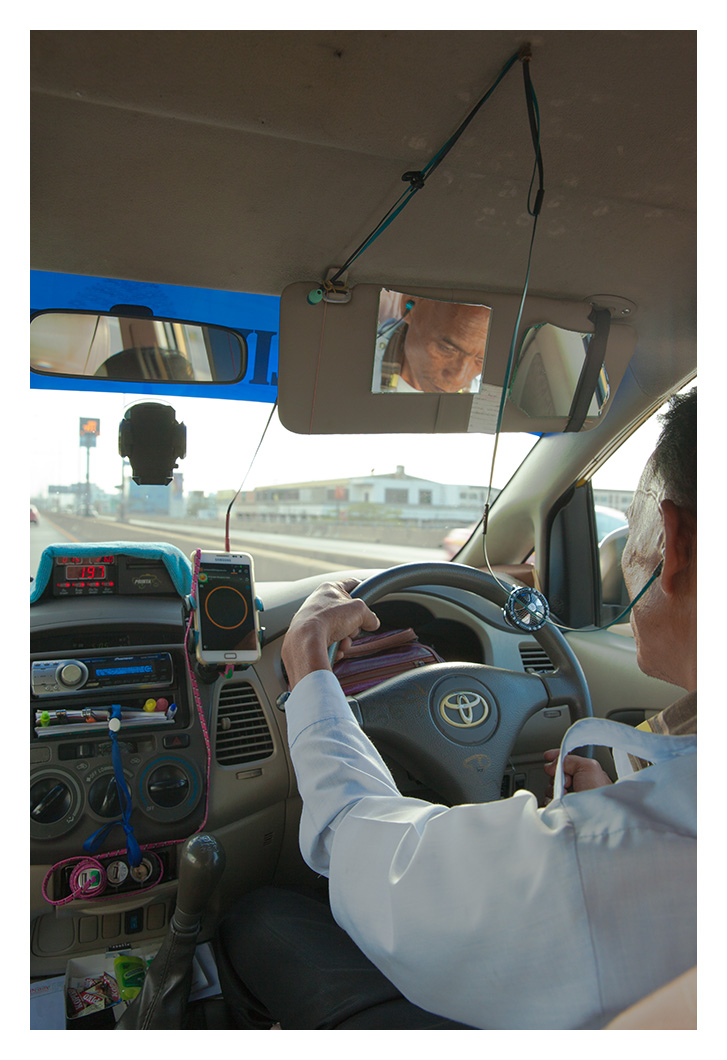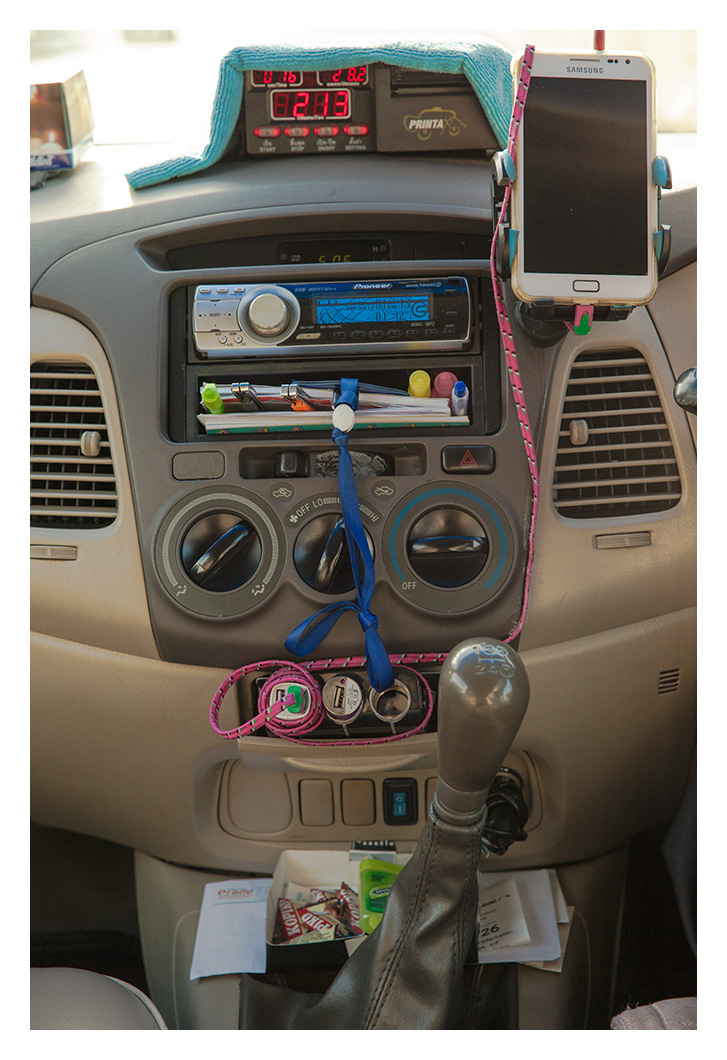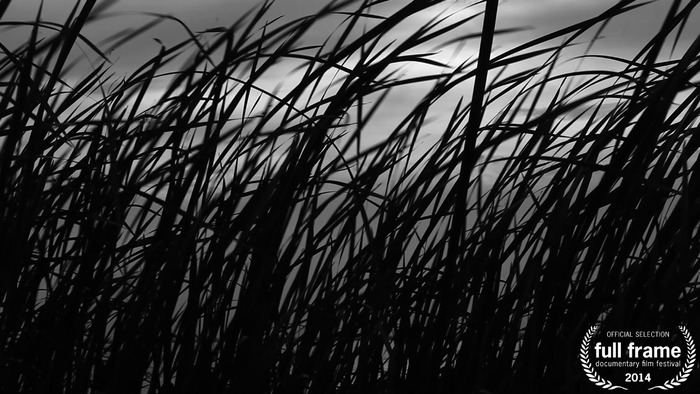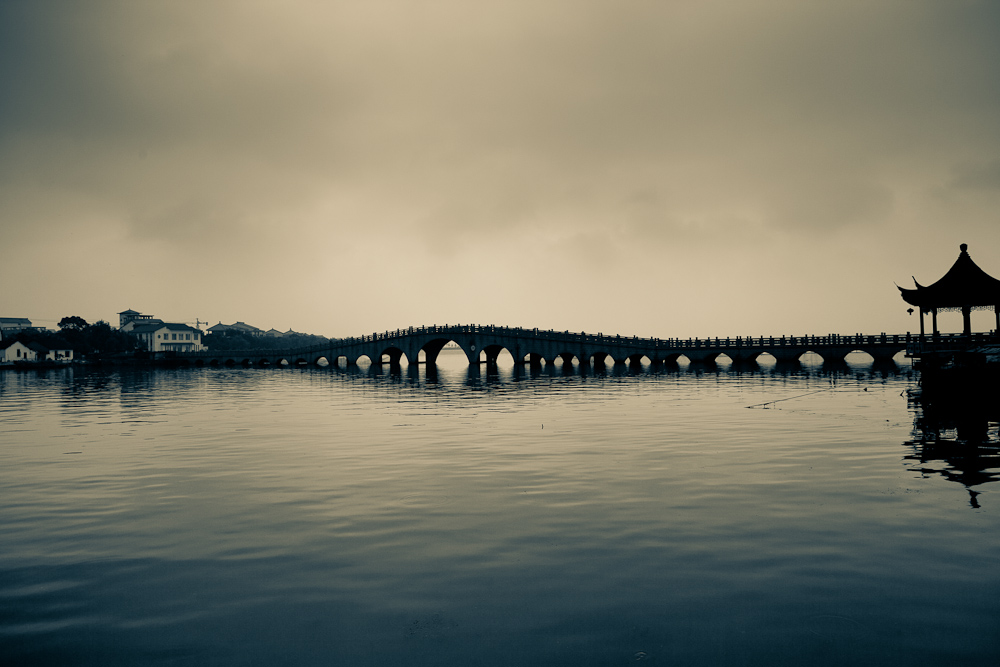The Power of Family and Communication
I'm honored to have a personal documentary I produced titled "Sister Story" included in the current episode of SCENE ON RADIO, a podcast published by the Center for Documentary Studies and John Biewen at Duke University. The bravery demonstrated by my family members who were willing to open their personal lives and emotions to my microphone really made this story possible. This truly is their story, not mine. Click below to listen: SCENE ON RADIO EPISODE 18: Close Relations
MoGan Shan Mountain
莫干山:雾中风景
Heavy rain, chilly wind, and ever thickening fog decend upon the MoGan Shan mountain.
Many may not choose to travel outdoors in conditions such as these. Yet those whom have the privilege to stroll about the misty forest may truly know the whisper of this enchanting landscape.
Afterall, allowing yourself to enter forbidden surroundings provides an opportunity to to see the world afresh.
Hiking in the rain, breathing in the fresh air, you can almost hear the water cascading across the rocks.
To witness nature first-hand is always an experience worth the distance traveled, despite the cold and wet morning, as you arrive in a world right out of a storybook.
And when the trip is over you know that it is not the end, but rather only part of the journey that continues each day you leave home in search of new sights, sounds, and life experiences.
©2015 John Rash
Kunshan Harvest
©2015 John Rash
The city of Kunshan is positioned in Jiangsu Provincejust between the major metropolitan areas of Shanghai and Suzhou, and can be reached in just 20 minutes via high speed rail service in either direction. Kunshan, a third tier city famous for it's autumn crab season and Zhou Zhuang ancient water town, is governed under the supervision of the Suzhou city officials. However, the proximity and connection to Shanghai via city metro cannot be ignored as many often rumor that Kunshan may eventually be annexed by Shanghai permanently. This is largely due to the fact that many Shanghainese families have invested in real estate here and commute to the city daily for work.
©2015 John Rash
Kunshan, known for being one of the most wealthy municipalities in all of China, still is experiencing the tension of development as constructions crews and cranes tower over farmland and the ancestral homes of local communities whom have been bought out and relocated into new high rises or small low income districts on the periphery of the city. The Kunshan downtown area has been established for years, but on the east and west sides of the city the push is to connect the grid between Shanghai and Suzhou and to continue to modernize this city that employs one of the highest number of immigrant labor of any city in China per capita.
©2015 John Rash
I too was as an immigrant laborer working in Kunshan from mid-2014 to mid-2015, although my cushy university job certainly had many luxuries not afford to those working at Foxconn or the Zhongrong Metal Production Company that exploded and killed nearly 150 people a little more than a year ago to date. However, my existence in Kunshan alone demonstrates a desire by the local government to transition from production to science, research, and education - a model that has been very successful for Suzhou in the recent past. Many other second and third tier cities in China are also pushing for their economic and international aspirations and may encounter similar struggles. Kunshan has the money to build the public infrastructure found in cities such as Suzhou, Hangzhou, and Nanjing and may eventually catch up to these local big brother and big sister cities. Yet, with all of the international manufacturers and investors, real estate exploding to the far reaches of the city, it still should be known that businesses such as Subway, Wal-Mart, and Carrefour were not able to survive here even within the thriving downtown area. But on the other hand, there are still more than 11 Starbucks thriving within a 15KM radius of the city. So, at least, someone is drinking lattes.
©2015 John Rash
All images above were made using 120 black and white film on the street just outside my Kunshan apartment during the summer of 2015 . This was the second time I encountered local farmers reclaiming public roads to dry their grain seed that was spread across the four-lane road, leaving only one single lane for cars to share. After several days the seed eventually migrated to the center of the road, leaving a single lane in each direction -- a nice innovation for traffic fluidity.
Green Film Festival in Seoul
 Yangtze Drift will have its Asian premiere at the Green Film Festival in Seoul May 8-15, 2014. I stayed in Seoul briefly in 2010 as an English teacher and loved the city, people, and of course the food. I feel both privileged and honored to return to South Korea next month as one of the filmmakers at this wonderful environmentally themed festival and to be included in the Green Film Competition. The schedule and list of films are already posted on the GFFIS website, and I assure you there are many films now on my not-to-miss list.
Yangtze Drift will have its Asian premiere at the Green Film Festival in Seoul May 8-15, 2014. I stayed in Seoul briefly in 2010 as an English teacher and loved the city, people, and of course the food. I feel both privileged and honored to return to South Korea next month as one of the filmmakers at this wonderful environmentally themed festival and to be included in the Green Film Competition. The schedule and list of films are already posted on the GFFIS website, and I assure you there are many films now on my not-to-miss list.
Yangtze Drift at Full Frame
Yangtze Drift, my film about the Yangtze River, will premiere this Friday at the Full Frame Documentary Film Festival. This is a major accomplishment for me as a filmmaker, having moved into this field after spending the past decade working in still photography. I am honored that Yangtze Drift can be launched into the film festival circuit as part of such a fantastic festival. I attended Full Frame in 2013 and remember thinking that I would be lucky if I could have a film in the festival within 5 years time. Who knew only a year later I would be on the other side of the screen premering the film I made as part of my thesis work in the Duke MFA|EDA program? This year Full Frame serves as a personal threshold between graduate school and my continued professional life as a filmmaker and educator.
Yangtze Drift screens at the Full Frame Documentary Film Festival on Friday April 4 at 1pm.
One Party Ultimate Nightclub Upcoming Festival Screenings
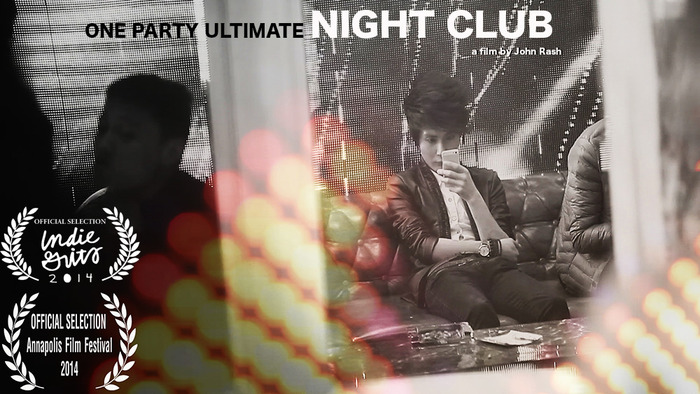 Annapolis Film Festival and Indie Grits Film Festival. I'm looking forward to both of these festivals and hope to see some familiar faces in attendance.
Annapolis Film Festival and Indie Grits Film Festival. I'm looking forward to both of these festivals and hope to see some familiar faces in attendance.
Bend in the River
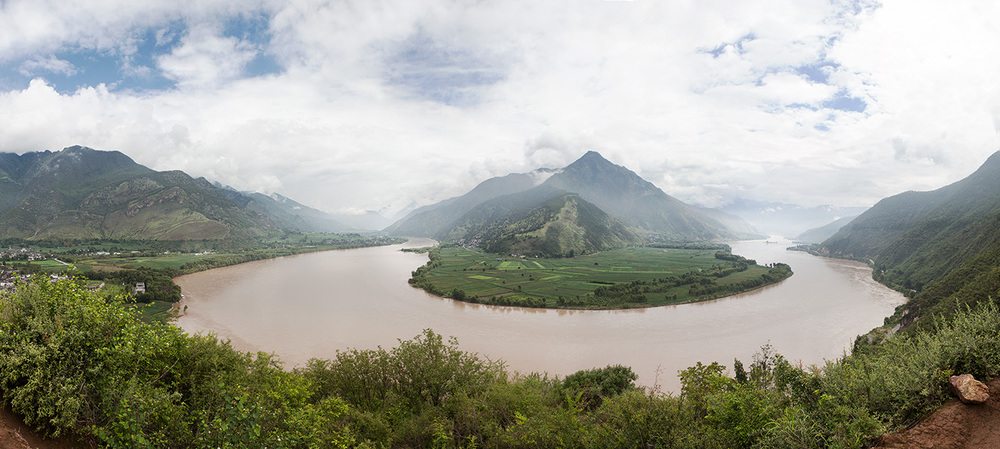 First Bend in the Yangtze River. Shigu County, Lijiang, China. ©2013 John Rash
First Bend in the Yangtze River. Shigu County, Lijiang, China. ©2013 John Rash
Seeing trash floating in the current of the river was never an issue when visiting the banks of the Yangtze in bigger cities. That's not to say there wasn't trash in the river, and along the sides of the river, it just wasn't coasting like so many toy boats heading downstream. Here at the first bend of the Yangtze I anticipated gorgeous scenery, cleaner air, a different face of the river. And in many ways it was. I first could only notice the lack of river barges and shipping vessels. In my visits to Shanghai, Wuhan, Nanjing, and Chongqing the river is but a highway carrying goods to their ultimate domestic or international destination. But here in Lijiang, the river is still a river, albeit a dirty river full of floating trash and pig carcasses. Now I am also in the geographical position to follow the water downstream, all the way back to the mouth in Shanghai. This is the first turn in the river and my furthest destination upstream as I continue to work on photos and a film about life by the Yangtze. This spot represents in many ways everything I have been feeling and thinking about the river over these few weeks. The beauty, the length, and the history are overwhelming yet overshadowed by our abilty to control the river, disregard the river, and to use the river as a channel for industry. Looking down the river I remember a road sign I once saw which read: the road worsens ahead.
























